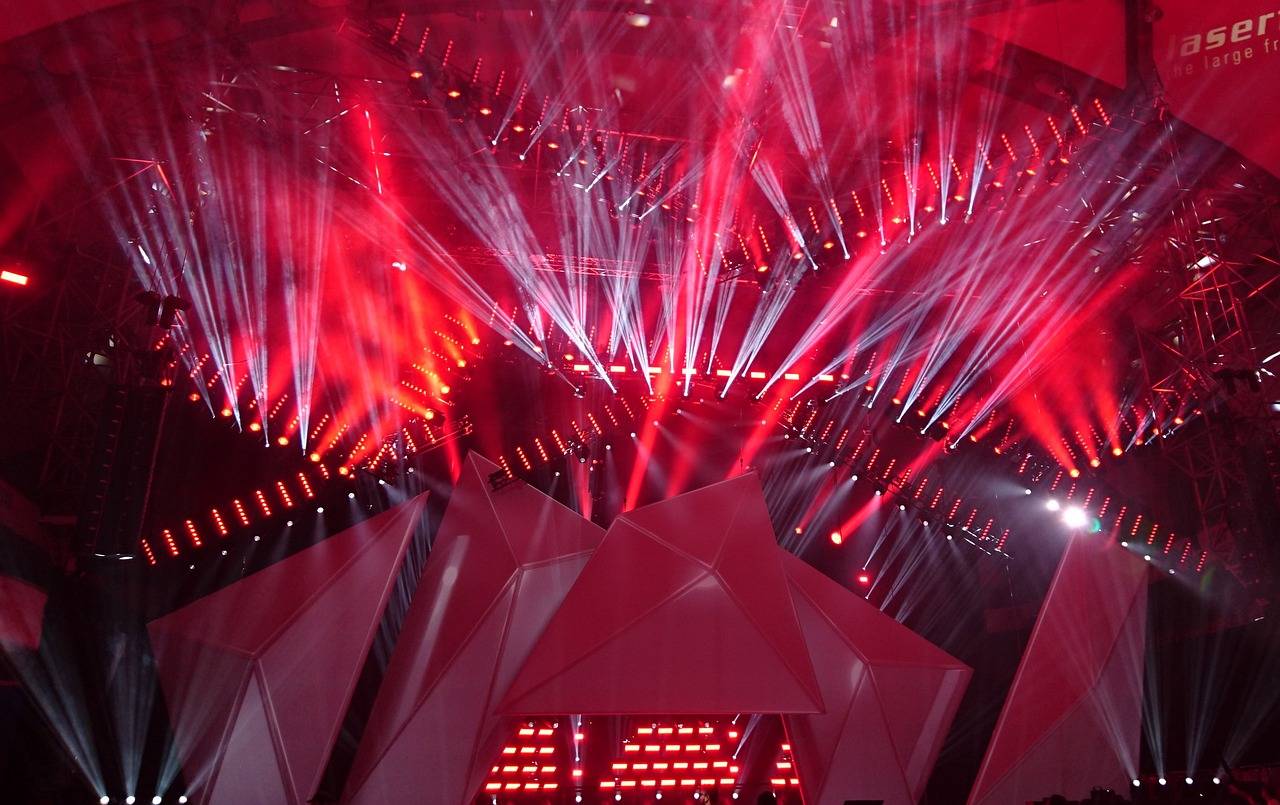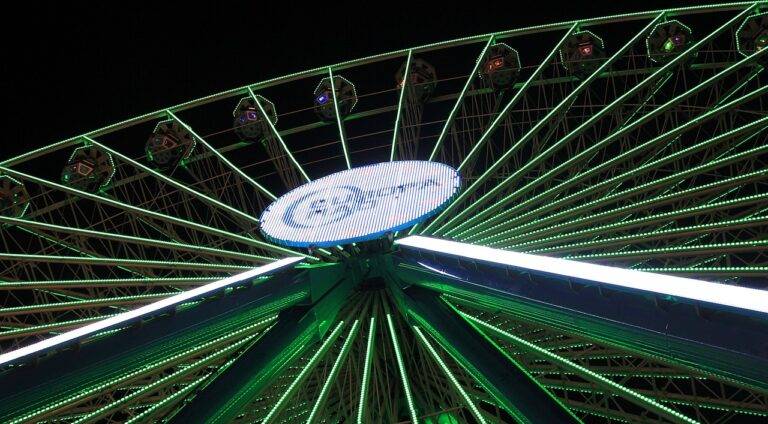Exploring the Cultural Significance of Cyberpunk Music
Cyberpunk music embodies a fusion of electronic, industrial, and punk rock elements to create a futuristic and dystopian sound that mirrors the essence of cyberpunk literature and art. This genre embraces themes of rebellion, technology, urban decay, and human-machine interaction, reflecting a gritty and dark vision of society’s future.
Characterized by pulsating rhythms, distorted vocals, and experimental sounds, cyberpunk music challenges traditional musical boundaries and conventions, offering a unique auditory experience that transports listeners into a world where man and machine coexist in a tumultuous and chaotic landscape. This genre not only serves as a form of artistic expression but also serves as a cultural critique and commentary on the intersection of technology and humanity in an increasingly digitized world.
Origins of Cyberpunk Music
The origins of cyberpunk music can be traced back to the late 1970s and early 1980s, a time when technological advancements and social changes were shaping a new era. It emerged as a subgenre of electronic music, blending elements of punk rock, industrial, and synth-pop. This fusion of styles reflected the dystopian and futuristic themes that are central to cyberpunk culture.
Bands and artists like Gary Numan, Depeche Mode, and Kraftwerk played a significant role in shaping the sound of cyberpunk music. Their innovative use of synthesizers and drum machines created a distinct and otherworldly sonic landscape that resonated with the genre’s themes of rebellion, technology, and societal decay. As the genre evolved, it continued to draw inspiration from science fiction literature, films, and the rapidly advancing world of technology, cementing its place as a critical component of the cyberpunk ethos.
Key Themes in Cyberpunk Music
Cyberpunk music often explores themes of dystopia, technology, and rebellion. The music often reflects the dark and gritty nature of the envisioned futuristic societies, where oppressive governments and powerful corporations control every aspect of life. The lyrics and soundscapes of cyberpunk music convey a sense of unease and defiance, challenging the status quo and questioning authority.
In addition to dystopian elements, cyberpunk music frequently delves into issues such as artificial intelligence, virtual reality, and the blurring lines between human and machine. The fusion of human emotions with cold, mechanical sounds creates an atmosphere of alienation and disconnection, mirroring the themes of isolation and existential crises commonly found in cyberpunk literature and films. Through its music, the genre serves as a commentary on the potential dangers of technological advancement and the loss of humanity in a hyper-connected world.
Cyberpunk music often explores themes of dystopia, technology, and rebellion
The music reflects the dark and gritty nature of futuristic societies
Lyrics and soundscapes convey unease and defiance
Issues such as artificial intelligence and virtual reality are common in cyberpunk music
Fusion of human emotions with mechanical sounds creates an atmosphere of alienation
What is Cyberpunk Music?
Cyberpunk music is a genre that incorporates elements of electronic, industrial, and punk music to create a futuristic and dystopian sound. It often features themes of technology, identity, and societal issues.
What are the origins of Cyberpunk Music?
Cyberpunk music originated in the 1980s alongside the cyberpunk literary movement. Artists like Kraftwerk, Gary Numan, and Devo were early influencers of the genre, blending punk rock with electronic and experimental sounds.
What are some key themes in Cyberpunk Music?
Some key themes in Cyberpunk music include dystopian futures, technology, artificial intelligence, rebellion against authority, and the blending of human and machine. These themes are often reflected in the lyrics, soundscapes, and visual elements of the music.






